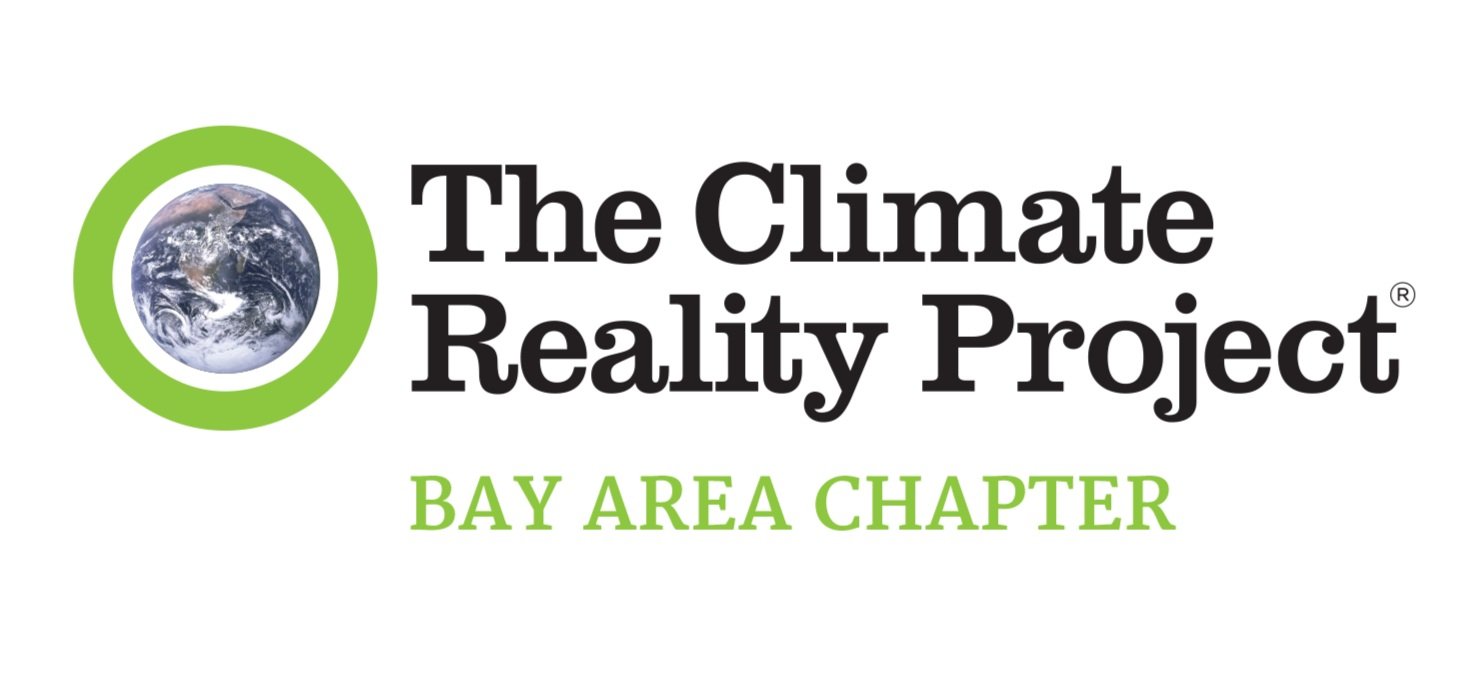Art and Change Resource Page - Climate Facts and Actions
Thanks for joining us today at The Drawing Room! Check out the various climate issues below to find out what climate action you can do to make a difference. Your impact matters, so choose one of more climate action items today!
To add: Shout out to our incredible CRBA Chapter Leader, Audrey Heller. Check out her website which consolidates all information about each artist and more! https://scenicturnouts.wordpress.com/upcoming-events/
GLOBAL WARMING BASICS
Carbon pollution from burning fossil fuels like coal, oil, and natural gas is warming our planet and causing climate change. Warmer temperatures have real consequences for all of us, leading to extreme weather like hurricanes, floods, and droughts. Oil and coal companies continue to make billions from dirty energy by spreading disinformation about the health of our planet, in turn stifling climate protection, ranging from policies to funding. Renewable energy exists, but not taking full advantage of this solution has become one of our planet’s greatest issues. Electricity and obtaining energy isn’t a problem, but knowing there are cleaner energy options and not having enough infrastructure to choose otherwise is just furthering our emissions to destroy our planet’s ecosystems.
Source: https://www.climaterealityproject.org/climate-101
Climate Action: Find out more actions you can do for a healthier planet: https://www.un.org/en/actnow/ten-actions
KELP RESTORATION
Over the last 50 years, more than 95% of kelp forests stretch from the South Coast of Oregon through California’s coast. Coastal marine ecosystems are facing rapid degradation, and if this continues, it will severely impact biodiversity, coastal stability, economics, and ecosystem-dependent services. Sea level rise and shoreline contamination from trash and runoff makes it more difficult for marine habitats to recover from.
Like most kelp, healthy Bull kelp ecosystems are essential, not only to the stability and survival of hundreds of marine species, but also to protect coastlines, generating income for coastal communities and for sustainable fisheries. Loss of home means loss of life, so fight for a healthier ocean by checking out Bull Kelp.info for some actionable steps you can do locally!
Source: https://www.frontiersin.org/journals/marine-science/articles/10.3389/fmars.2020.00362/full
huffman-merkley-reintroduce-bill-to-restore-critical-kelp-forests
Action: https://bullkelp.info/
CLEAN TRANSPORTATION
The choice to walk over driving often provides many environmental benefits. Of course, reducing car emissions is the best sustainable option because it reduces the amount of carbon dioxide produced. Additionally, it’s one less item that requires work, maintenance, and the money needed to fix usual car issues. With less cars, it also means less noise as the noise pollution significantly drops. Walking also creates happier surroundings, as people have reported to feel safer in environments where a reduction in loud, heavy, and irresponsible traffic is present. Walk or take public transportation more instead of driving!
Source and Climate Action: https://www.lowa.co.uk/blogs/news/six-environmental-benefits-of-walking?srsltid=AfmBOoqR7LhVhXEVYLOO9_1OiRRHuMMa2ki3Rpkk7rZwStn1OTpd8qsr
WILDFIRES
The 2017 Northern California wildfires that started in Napa, caused the most expensive amount of damage to date in California. Not only did communities need to recover from the disaster, more carbon dioxide gets released through combustion and further contributes to air quality and health issues. If forests aren’t maintained by removing dry brush, it reinforces the likelihood of damaging soil health, moisture retention, and therefore dying vegetation and landscape. One practice that is helpful is cultural burning practiced by Indigenous peoples.
“The places I burn are places I have a relationship with or responsibility to. This is a difference that sets indigenous bruning apart from other burning practices - being able to return to the burned area to collect plant materials or hunt for mushrooms or wildlife is a reward of careful stewardship. It ensures accountability.” Don Hankins (Plains Miwok), Pyrogeographer
Source: https://baynature.org/article/reading-the-landscape-for-fire/
Climate Action: Read more on CRBA Blogs about other issues impacted by wildfires, and what you can do to prevent them!
OVERCONSUMPTION
Upcycling is the act of taking something no longer in use and giving it a second life and new function. In doing so, the finished product often becomes more practical and valuable than what it was previously. If you don’t already practice, now is a perfect time to add upcycling to your regular routine! Upcycling is an inexpensive and unexpectedly rewarding way to give your loved items another life - it’s great for the planet and fun.
Source: https://www.habitat.org/stories/what-is-upcycling
Climate Action: Read more about how you can be a more conscious consumer: https://bschool.pepperdine.edu/blog/posts/conscious-consumerism.htm
